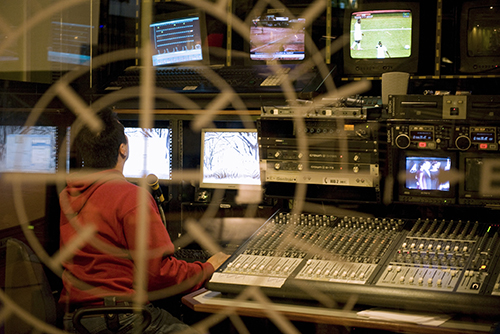John Otis
John Otis, CPJ's Andes correspondent for the Americas program, works as a reporter for NPR. He authored the 2010 book Law of the Jungle about U.S. military contractors kidnapped by Colombian rebels. He is based in Bogotá, Colombia
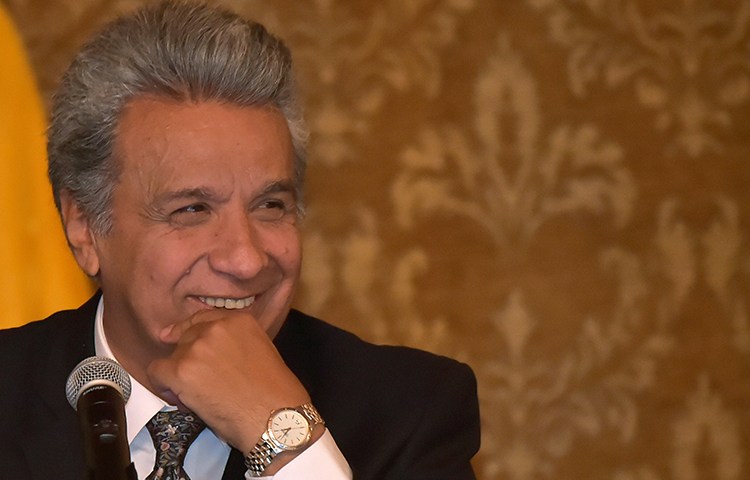
Ecuador’s Moreno opens new era in relations with media
Less than a month after taking office, Ecuadoran President Lenín Moreno engineered a ceasefire in the decade-long battle between the government and the nation’s independent news media by inviting a group of radio, TV, and newspaper editors to the Carondelet presidential palace in Quito.
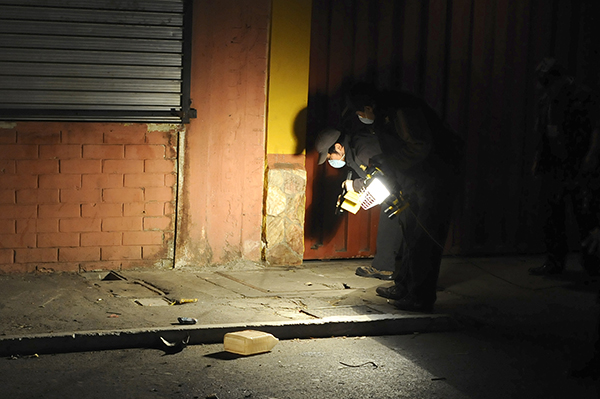
Searching for answers in murder cases amid violence and corruption in Guatemala
On June 25, unidentified assailants shot and killed Álvaro Aceituno López, director of Radio Ilusión in Coatepeque, a town in southeastern Guatemala. López often criticized local government officials when presenting the news and during guest appearances on other programs. But to date, CPJ has been unable to determine if Aceituno was killed for his work…
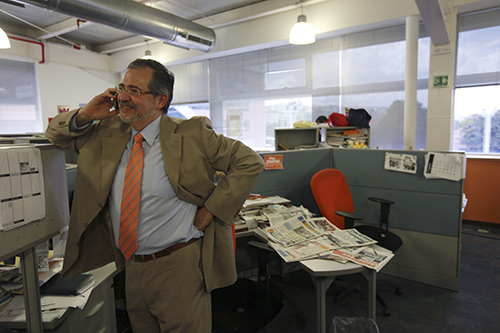
Last critic standing: How El Nacional defies challenges to keep publishing
Patricia Spadaro, news editor at the Caracas daily El Nacional, faces daunting challenges in putting out the newspaper. Her boss, El Nacional’s president and editor Miguel Henrique Otero, has been living in exile since May 2015 after a top government official accused him of defamation. Amid the country’s deep economic crisis, half of Spadaro’s reporters…
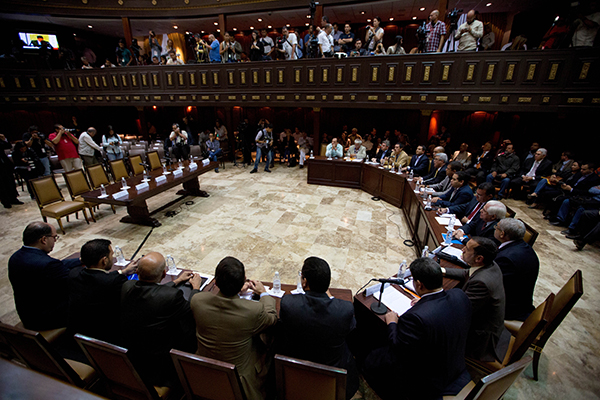
Venezuela’s national assembly reopens to the press after five-year ban
When security guards opened the doors to Venezuela’s colonial-era National Assembly building last Wednesday, I was among the dozens of reporters who swarmed inside. Even though the day’s legislative session would not be called to order for another three hours, every seat in the press galley, located on the second-floor balcony overlooking the chamber, was…
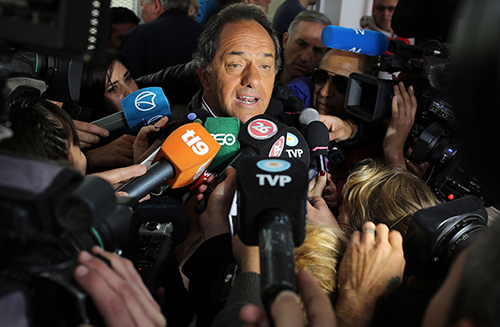
How Argentine broadcast law rewards friendly outlets and discriminates against critics
The moment polls closed for Argentina’s presidential election on October 25, the C5N cable news station breathlessly reported that ruling party candidate Daniel Scioli had triumphed and would succeed President Cristina Fernández de Kirchner, who is banned by the constitution from running for a third consecutive term.
Firing of critical newspaper editor raises concern in Ecuador
When the Quito daily El Comercio was sold in December to a Latin America media tycoon known for avoiding editorial conflict, press freedom advocates feared the newspaper would soften its coverage of the Ecuadoran government. Those concerns have now increased with last month’s firing of Martín Pallares, one of El Comercio’s most prominent journalists and…
Criminal defamation thwarts critical reporting in Ayacucho
When Wilfredo Oscorima, the governor of the southern Peruvian state of Ayacucho, was sentenced in June to five years in prison for official misconduct, independent daily La Calle viewed the ruling as vindication for its vigorous investigations into his administration.
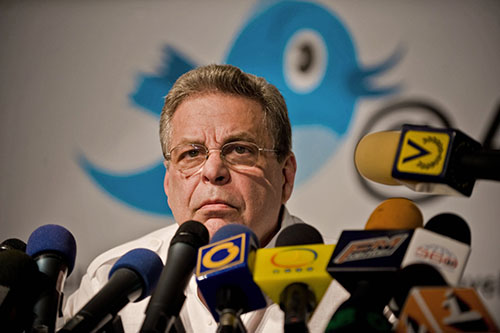
In Venezuela, online news helps journalists get their voices back
When Venezuelan President Hugo Chávez was rumored to be gravely ill four years ago, his socialist government was tightlipped about the diagnosis. Then in June 2011 a source in Havana, Cuba, where Chávez was being treated, told Nelson Bocaranda, a veteran columnist for the Caracas daily El Universal, that the president had cancer.
Fabricated attacks by Colombian journalists mask real dangers
Although Colombian journalists are frequently threatened by Marxist guerrillas, criminal gangs, and corrupt politicians trying to silence them, two recent cases that created widespread concern–including alerts from CPJ–were fabricated by the very reporters who claimed to have been targeted.
